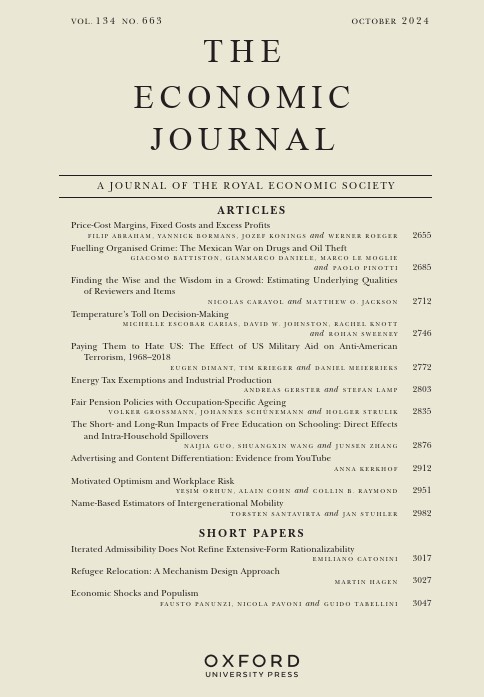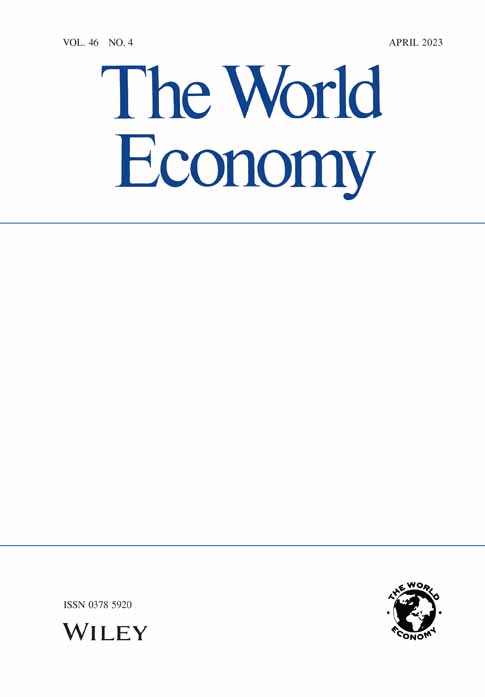Richard Bräuer, PhD

Current Position
since 5/25
Research Affiliate
Halle Institute for Economic Research (IWH) – Member of the Leibniz Association
since 5/25
Research Associate
Leibniz Institute for East and Southeast European Studies
Research Interests
- applied microeconometrics
- firm productivity
- innovation
Richard Bräuer joined the institute as a Research Affiliate in May 2025. His research focuses on innovation and productivity at firm level as well as the aggregate effects.
Richard Bräuer holds the position of Research Associate at Leibniz Institute for East and Southeast European Studies. He received his bachelor's and master's degree from LMU Munich and his PhD from Vrije Universiteit Amsterdam.






